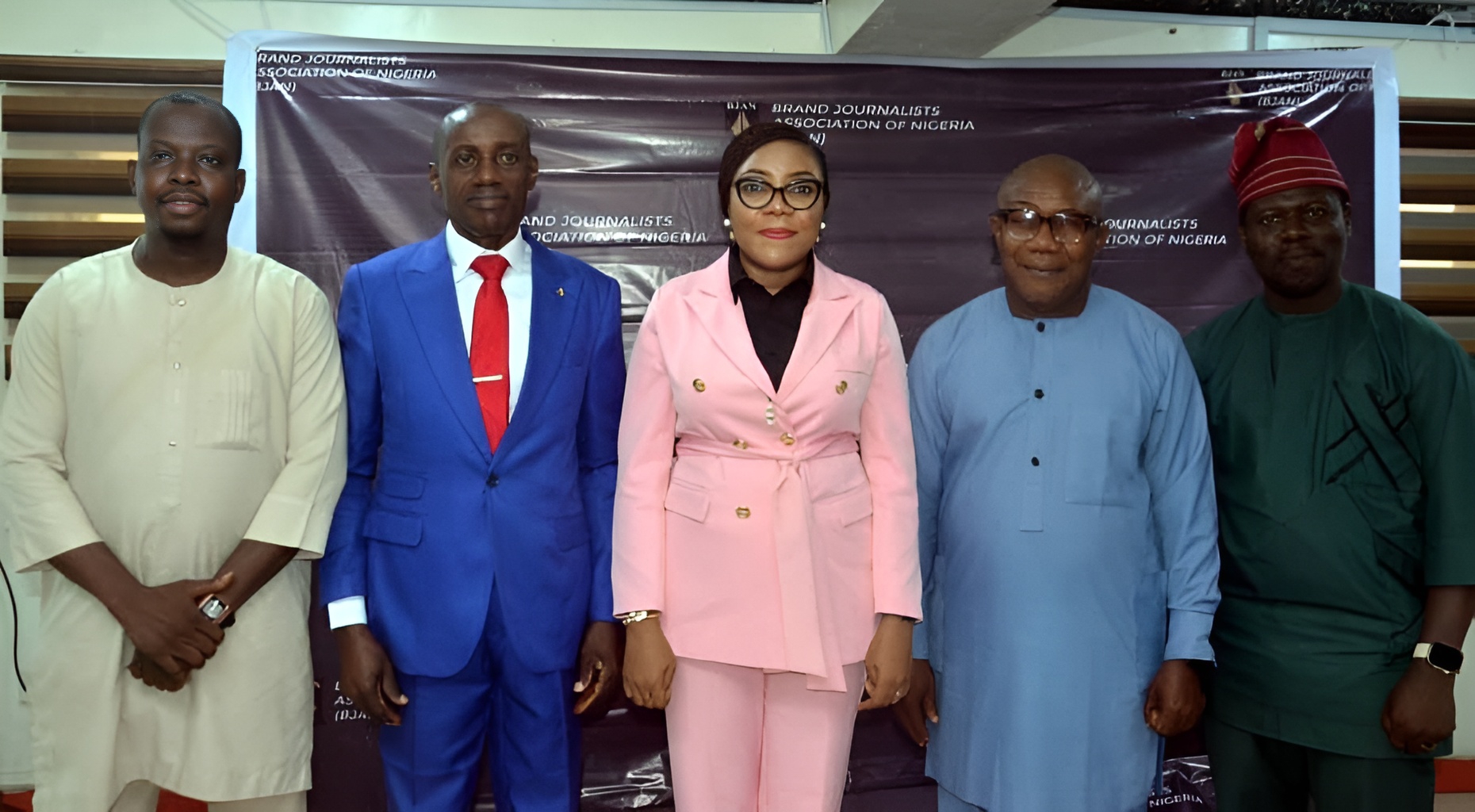Media Professionals Urged to Champion Lifestyle and Environmental Solutions to NCDs

Media professionals were urged to champion lifestyle and environmental solutions in the fight against Non-Communicable Diseases (NCDs) in Nigeria, as the Brand Journalists Association of Nigeria (BJAN) hosted a Capacity Building Workshop. The event, themed “Rethinking the NCD Crisis: A Holistic Approach to the Debate in Nigeria”, took place at the Lagos Chambers of Commerce and Industry (LCCI) Gallery, Ikeja, Lagos and underscored the media’s crucial role in shaping public health awareness and inspiring positive behavioural change regarding chronic conditions such as diabetes, cancer, hypertension, and cardiovascular ailments.
Mr. Daniel Obi, Chairman of the BJAN, welcomed participants, stating, “Today’s gathering underscores the power of knowledge — and more importantly, the role of the media in shaping public health awareness and influencing positive behavioural change”.
He further challenged attendees: “I challenge us to approach this workshop with an open mind and a sense of duty. What we learn today could spark stories that change behaviours, influence policies, and ultimately, help build a healthier nation”.
Discussions at the workshop, featuring insights from experts including Dr. Ajibola Arewa, Dr. Kanalio Yvonne Olaloku, and Dr. Godswill Iboma, highlighted that NCDs are influenced by a complex interplay of factors, moving beyond single-cause explanations.
Dr. A.G. Iboma, a Senior Lecturer at Eko University of Medicine and Medical Sciences, underscored the multifaceted nature of disease causation. He explained that while one’s lifestyle has a crucial effect on health, potentially having beneficial, neutral, or adverse outcomes, “the environment is equally crucial to our health”.
Dr. Iboma noted that physical, chemical, and biological factors impact health, and while aspects like the food we eat, the air we breathe, and the water we drink are tied to our environment, these factors are “not always within our control”. He further clarified that Non-Communicable Diseases (NCDs) are health conditions that are not transmitted from person to person and are chronic in nature.
Dr. Iboma identified the major drivers of NCDs as lifestyle factors—including an unhealthy diet, physical inactivity, tobacco use, and excessive alcohol consumption—and environmental factors such as water, sanitation, and hygiene. While acknowledging that individuals cannot change their genes and may not be able to change much of their environment, Dr. Iboma emphasized the significant potential for impact through lifestyle, stating, “But you can change your lifestyle”. He elaborated on various lifestyle modifications for NCD prevention, including: Eliminating tobacco use and supporting legislation against it, Engaging in at least 30 minutes of physical activity daily, and among others.
Dr. Kanalio Yvonne Olaloku provided an overview of fiscal interventions in health, describing them as “government actions using taxation, subsidies, and direct provision of services to influence health-related behaviors and outcomes”.
She explained that these interventions aim to address issues such as unhealthy diets, tobacco and alcohol consumption, and healthcare access. Examples she provided include taxes on unhealthy products, subsidies on healthy foods, and tax incentives for health-related purchases.
Dr. Olaloku highlighted the significant benefits of fiscal policy in public health, noting they “Discourage unhealthy practices,” “Reduce incidence of NCDs,” and “Generate Revenue”.
She concluded by emphasizing the “crucial role” of “Evidence-based data” in “informing policy decisions in Nigeria,” which provides “a foundation for effective and impactful policymaking.” She asserted that “By using data-driven insights, policymakers can make more informed decisions that lead to better health outcomes for citizens”.
The workshop served as a call to action for media professionals to leverage their influence in promoting a holistic approach to NCD prevention, combining individual lifestyle changes with broader environmental and policy interventions.

